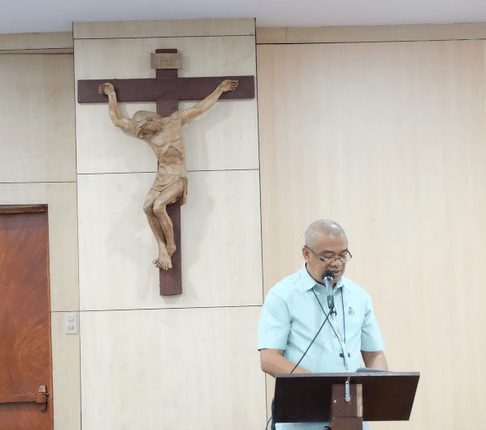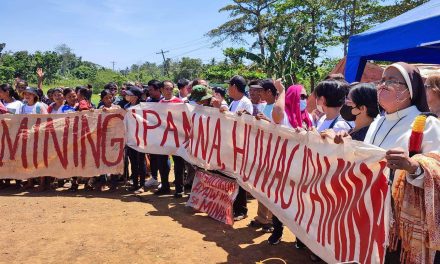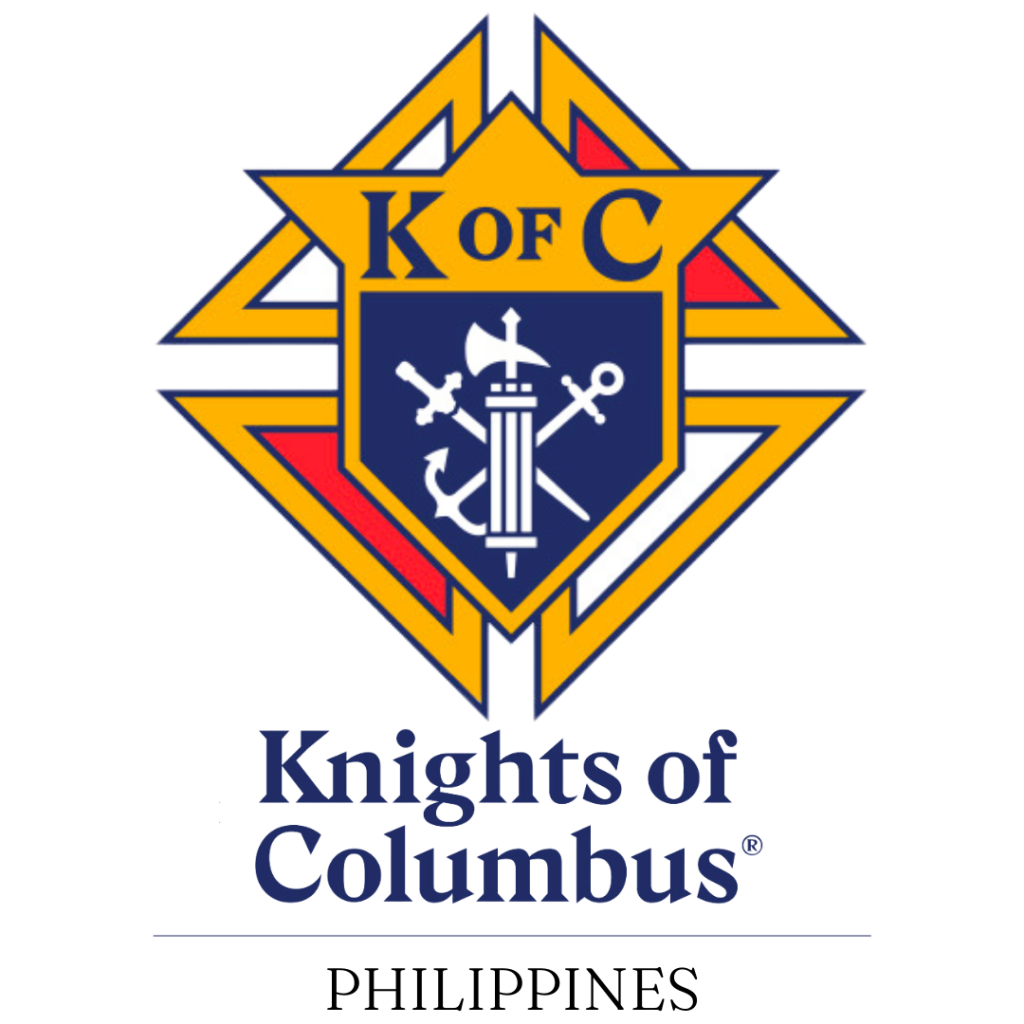
Bishop wants continuing formation for priests


San Carlos Bishop Gerardo Alminaza, chairman of the CBCP Episcopal Commission on Seminaries. NICO BALBEDINA
By Nirva’ana Ella Delacruz
March 9, 2018
QUEZON CITY
After more or less a decade of intense formation and spiritual direction as seminarians, priests suddenly find themselves alone and fending for themselves. But this shouldn’t be the case, says a bishop. Formation should be for life.
“Priestly ordination is commonly understood as the ‘end of priestly formation’ Henceforth, priests are on a self-help mode. Is that even right?,” said San Carlos Bishop Gerardo Alminaza, who gave the last talk at the National Discernment of Priests on their Prophetic Role, on Wednesday, March 7.
He called on some 120 members of the clergy from dioceses and religious congregations all over the country to consider the “paradigm shift” presented by the Vatican document Ratio Fundamentalis Institutionis Sacerdotalis (The Gift of Priestly Vocation) that priests should have continuing formation.
‘A tragedy’
“The first mindset that this Ratio is putting forward is that … the formation of priests means following a singular journey of discipleship which begins at baptism and ends at death,” said the prelate.
First issued in 1970, the latest Ratio Fundamentalis Institutionis Sacerdotalis was issued by December 2016.
“…Oftentimes, the priestly formation is the end of formation. No more breviary. No more counseling. No more confession. No more accompaniment. And that’s it. And that’s a tragedy,” stressed the chairman of the Episcopal Commission on Seminaries.
Spiritual, psychological help
He also called on priests to see themselves as a “disciple on a journey … constantly needing an integrated formation understood as a continuous configuration to Christ.”
Much-needed spiritual and pastoral support, added Alminaza, is the key to helping priests who are struggling to stay faithful to their priestly ministry. “The priest should not be isolated … Instead, he should be supported and accompanied in the spiritual and or psychological areas.”
Organized by the National Clergy Discernment Group at the Maryhill School of Theology in Quezon City, the event aimed to help priests discern on several key issues in the country as well as the Year of the Clergy and Consecrated Persons, and the celebration of the 500th anniversary of the arrival of Christianity in the country.









